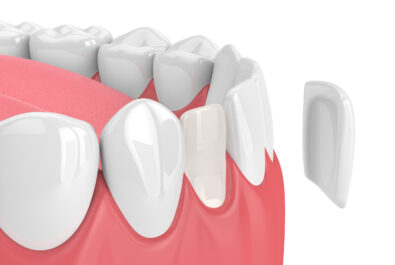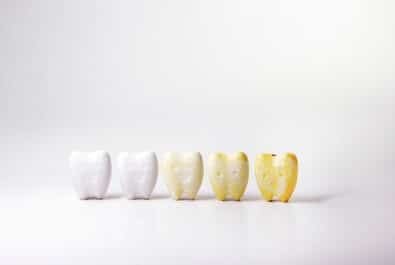Gum disease (also known as periodontitis) can negatively affect your oral health if left untreated. As with many other illnesses, the earlier you can catch the disease, the easier it will be to treat. Your dentist may recommend several different treatments depending on the severity of your condition. What causes gum disease? Bacteria, known as plaque, becomes a hard substance (tartar) if left on your tooth for too long. Tartar can only be professionally removed, it’s too tough for toothbrushes or floss that you would use at home. Unfortunately, the tartar attacks your gum tissue, teeth, and bone density, causing gum disease.
How Can You Get Rid Of Bacteria?
If you have a mild case of bacteria, your dentist may recommend more frequent cleanings throughout the year. If your case is more severe, you may need a deep cleaning known as scaling and root planing.
In extremely severe cases, your dentist may recommend removing the infected tooth to stop the infection
before it can spread elsewhere.
What Happens If You Lose A Tooth?
Whether it’s one tooth or multiple teeth, you do have restorative options to get your mouth functioning properly. Depending on your oral health, your dentist will be able to recommend an option that can work for you. Different restorative options are: dental implants, bridges, crowns, and full or partial dentures. Each option has their own benefits, but some may be more comfortable or work better for certain individuals.
In some cases, your dentist may be able to save your tooth if the infection hasn’t affected too much connective tissue surrounding it. If you suspect that you have gingivitis or gum disease, it could be time for a visit to your dentist.














